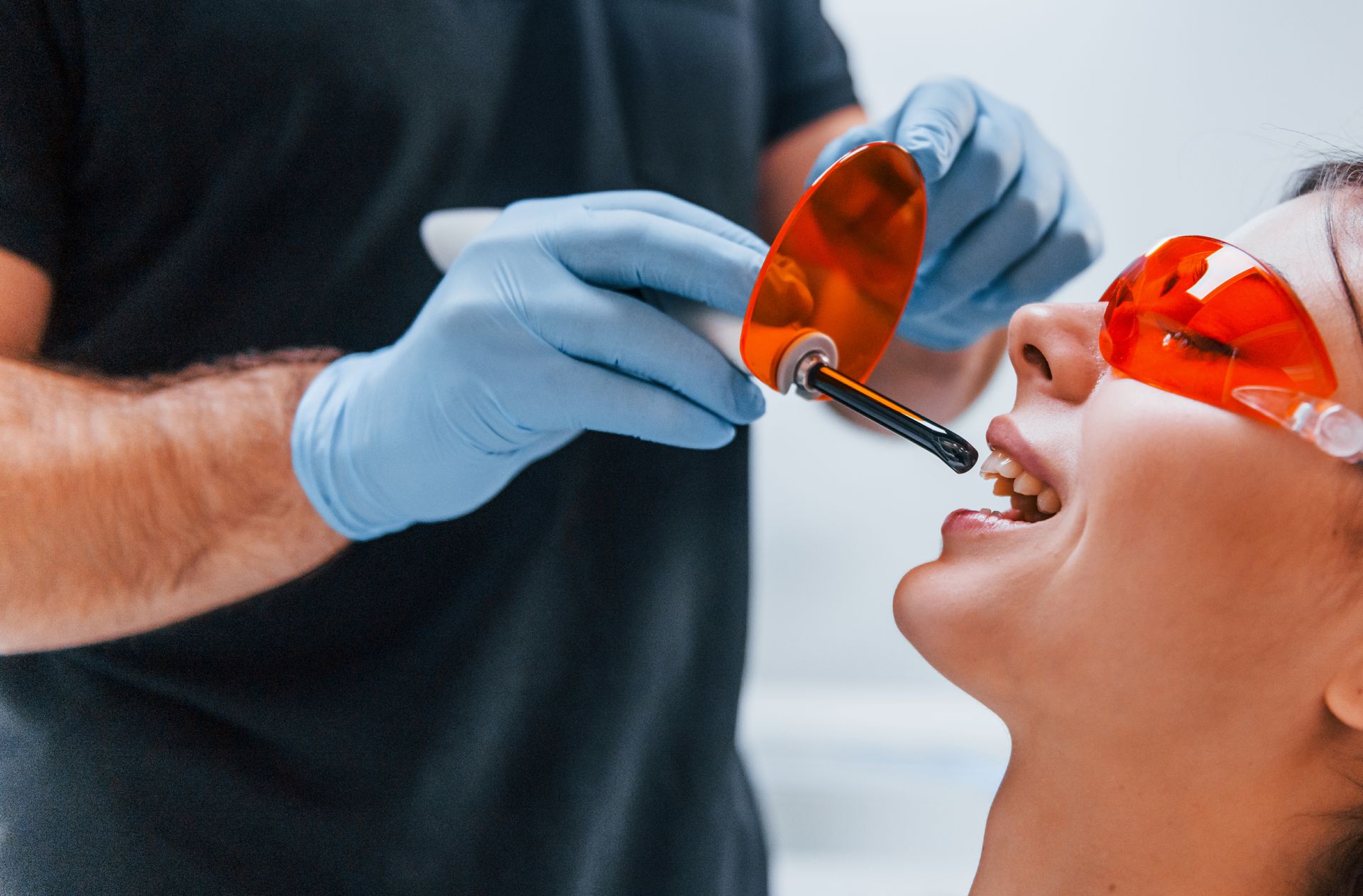How Long Will My Dental Implants Last?
Dental implants are an excellent choice for long-term tooth replacement, as they look like and require merely the same care you should already be providing to your natural teeth. But how long will your dental implant last? The answer to this question depends largely on your lifestyle and overall dental hygiene. The technology of dental implants has greatly advanced over the last ten to twenty years so that implant failures due to rejection or functionality issues have become increasingly rare. Pre-existing medical conditions, diseases, and implant misuse are the most likely culprits when an implant does fail.
What Is A Dental Implant Made Of?
Implants last so long because of what they’re made of:
- Implant – The titanium or zirconia post that is surgically placed in the jawbone of a patient and serves as a root for the crown.
- Abutment – The abutment is fastened to the implant and holds the crown in place.
- Crown – The crown is a ceramic false tooth that is attached to the abutment and provides the look and function of a natural tooth.
In general, the crown and abutment are more prone to damage than the implant itself because they are exposed and actively used in biting and chewing.
How Long Do Dental Implants Last?
With regular brushing and flossing to keep the surrounding gums and jawbone healthy, the implant screw itself can last a lifetime, assuming the patient receives regular dental check-ups twice a year. The crown, however, usually only lasts about 10 to 15 years before normal wear and tear may require it to be replaced. However, conscientious oral hygiene and careful use could extend the life beyond 15 years. Mouth location is also a factor in calculating the lifespan of a dental implant. Implants in the back of the mouth are used more actively in chewing, which can cause them to wear out more quickly than implants near the front of the mouth.
Dental Implants vs. Other Tooth Replacement Options
A dental implant is designed to be a permanent solution for missing teeth and has become the preferred tooth-replacement option. A dental implant completely restores a natural tooth and can withstand biting or chewing without slipping as there can be with dentures. And unlike dentures, implants are permanently placed and all cleaning — brushing twice daily and flossing — is done in your mouth as you clean your natural teeth. Because they are attached to the interior jawbone, implants don’t place stress on adjacent teeth, as dental bridges tend to do.
How Can Dental Implants Fail?
Dental implants provide a long-term, indefinite replacement for missing or damaged teeth when properly cared for, but there are several factors that can cause an implant to fail prematurely. Patients suffering from diabetes or other pre-existing medical conditions, such as cancer, have a higher risk of dental implant failure. As mentioned earlier, dental implants must be maintained through regular brushing and flossing. Poor oral hygiene can lead to periodontal (gum) disease, which is another factor that can impede the success of a dental implant.
Dental Implants in Glyndon, MD
If you are considering dental implants, Dr. Leah Romay of Baltimore Dental Co. provides skilled and compassionate dental care. For a consultation with Dr. Romay about dental implants or any other dental concern, please call 410.833.4664 or schedule online.






